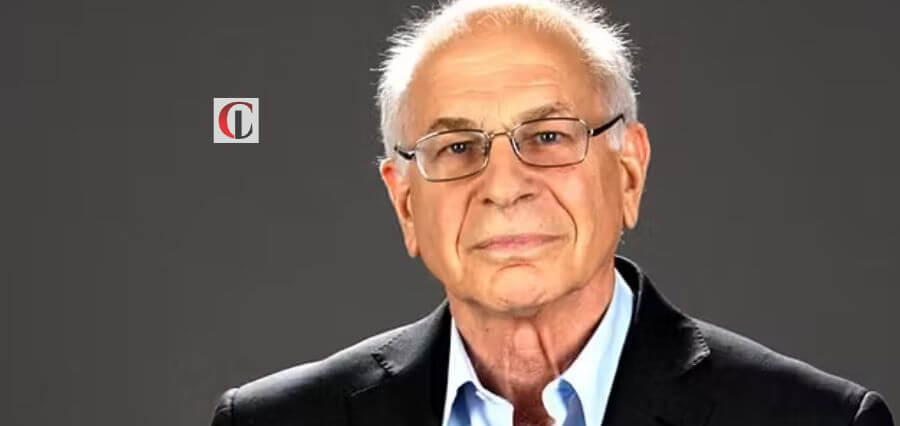In an interview with People Matters, Daniel Kahneman emphasized the influential role of business leaders in shaping workplace policies and guidelines, from hiring practices to promotions. Kahneman, a pioneering figure in psychology and a key figure in the development of behavioural economics, passed away at the age of 90. His groundbreaking research on human biases in decision-making earned him global recognition, including the Nobel Prize in 2002.
Kahneman’s work transformed our understanding of rationality and decision-making, challenging traditional economic assumptions and sparking academic discourse across disciplines. His journey from Israel to Princeton University inspired generations of scholars, leaving an indelible mark on the social sciences.
Beyond academia, Kahneman’s research profoundly impacted business practices and public policy worldwide. His insights into decision biases offered valuable guidance for HR leaders navigating workforce challenges, highlighting the importance of mitigating prejudice and favouritism in organizational settings.
The legacy of Daniel Kahneman transcends academic boundaries, influencing organizational decision-making and shaping the ethos of People Matters. His teachings continue to provide invaluable guidance in both professional and personal spheres. During a Fireside Chat at People Matters TechHR Singapore, Kahneman shared strategies for effective decision-making, advocating for structured interviews and a cognitive noise-free workplace environment. His wisdom remains relevant, offering actionable tactics for making sound and rational choices.
“Thinking, Fast and Slow,” a 2011 popular science book by psychologist Daniel Kahneman, explores the distinction between two modes of thought: “System 1,” which is fast, instinctive, and emotional, and “System 2,” which is slower, more deliberate, and more logical.
The book examines rational and non-rational motivations associated with each thinking process, drawing from Kahneman’s research on loss aversion and collaboration with Amos Tversky. It discusses cognitive biases, prospect theory, happiness, and Kahneman’s experiences with the Israel Defense Forces.
“Thinking, Fast and Slow” was a New York Times bestseller and won the 2012 National Academies Communication Award for enhancing public understanding of behavioral science, engineering, and medicine. However, some priming studies cited in the book have faced scrutiny amid the psychological replication crisis.
Read More: https://ciolook.com/





